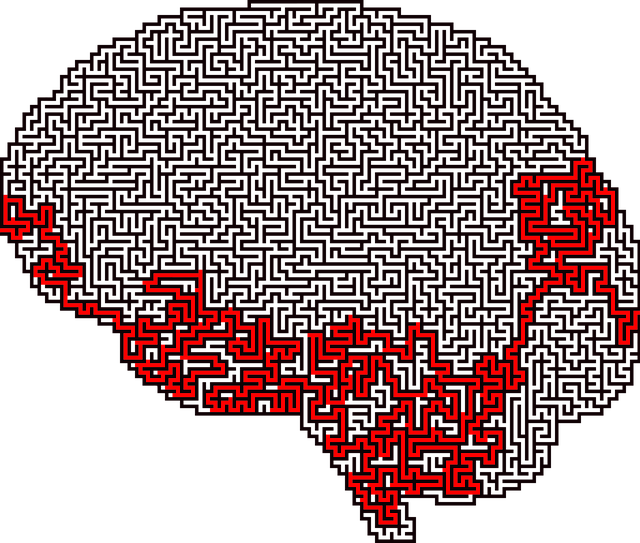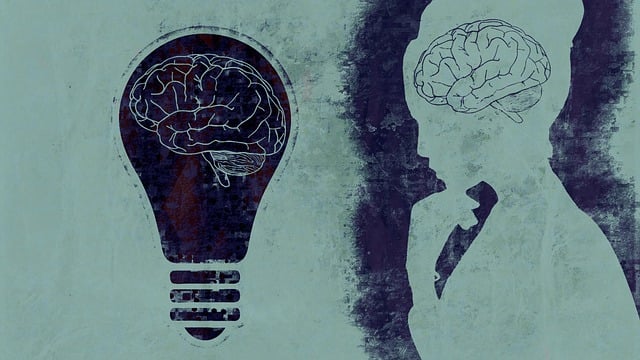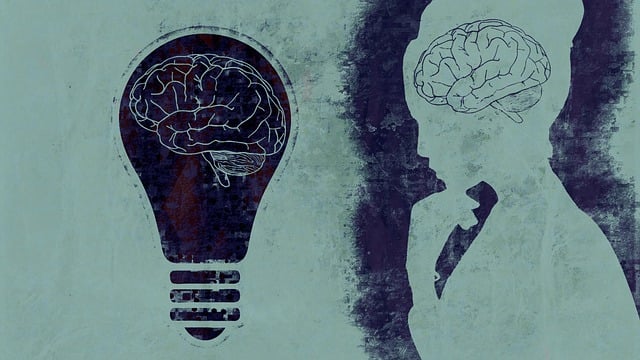Mental health education, focusing on interpersonal skills and stress management through methods like Lafayette Interpersonal Issues Therapy (LIIFT), is vital for addressing psychological struggles and fostering healthier communities. LIIFT workshops and group discussions empower individuals with self-care routines and improve mental wellness, communication, and social connections. Evaluating these programs through participant feedback, assessments, and long-term follow-ups ensures positive changes are sustained, reducing stigma and promoting a supportive environment for mental health support.
Mental health is a cornerstone of overall well-being, yet its importance is often overlooked. This article delves into the crucial need for comprehensive mental health education programs, exploring their impact on individuals and communities. We dissect the key components and strategies for effective program design, highlighting the practical application of Lafayette Interpersonal Issues Therapy through a case study. Additionally, we discuss evaluation methods to measure success and foster long-term positive change.
- Understanding Mental Health and Its Impact on Individuals and Communities: Exploring the Need for Comprehensive Education
- Designing an Effective Mental Health Education Program: Key Components and Strategies
- Implementing Lafayette Interpersonal Issues Therapy: A Case Study in Practical Application
- Evaluating and Sustaining Mental Health Education Programs: Measuring Success and Fostering Long-Term Change
Understanding Mental Health and Its Impact on Individuals and Communities: Exploring the Need for Comprehensive Education

Mental health is a fundamental aspect of overall well-being, influencing how individuals interact with their surroundings and navigate life’s challenges. Understanding mental health involves recognizing that it encompasses emotional, psychological, and social well-being. It affects thinking, feeling, and behaving, impacting daily functioning and relationships. According to Lafayette Interpersonal Issues Therapy experts, the impact of poor mental health can be profound, leading to decreased productivity, strained interpersonal relationships, and even physical ailments within individuals and communities.
The need for comprehensive mental health education arises from the complexity and prevalence of interpersonal issues that often underlie many psychological struggles. By integrating knowledge about mental wellness journaling exercises and burnout prevention strategies for healthcare providers, educational programs can equip individuals with the tools to manage stress, recognize anxiety relief techniques, and foster resilience. Such initiatives are vital in creating a supportive environment where people feel empowered to seek help and support one another, ultimately leading to stronger, healthier communities.
Designing an Effective Mental Health Education Program: Key Components and Strategies

Designing an effective mental health education program requires a structured approach that addresses various aspects crucial for fostering emotional well-being. The first step involves identifying the target audience and tailoring content to their specific needs, whether students, working professionals, or community members. Incorporating interactive elements like workshops, group discussions, and role-playing scenarios can significantly enhance learning retention and engagement. For instance, a Community Outreach Program Implementation focusing on interpersonal issues could utilize Lafayette Interpersonal Issues Therapy techniques to promote healthy communication and conflict resolution skills.
Additionally, integrating emotional healing processes into the program is essential. This includes teaching mindfulness practices, stress management strategies, and resilience-building techniques. Mental Health Education Programs Design should also encourage open dialogue by creating safe spaces for individuals to share their experiences and learn from one another. By combining theoretical knowledge with practical applications, these programs can empower individuals to recognize and manage mental health challenges effectively within their daily lives.
Implementing Lafayette Interpersonal Issues Therapy: A Case Study in Practical Application

Implementing Lafayette Interpersonal Issues Therapy (LIIFT) offers a compelling case study in practical mental health program design. This therapeutic approach, focusing on interpersonal relationships and communication skills, has proven effective in enhancing community well-being. By integrating LIIFT into a community outreach program, participants gain valuable tools for managing stress and cultivating healthier interactions. The program’s success lies in its ability to empower individuals with self-care routines tailored to their unique needs, fostering better mental health outcomes.
This case study highlights the importance of combining evidence-based therapy with community engagement. Through interactive workshops and group discussions, LIIFT facilitates open dialogue and promotes empathy within the community. By addressing interpersonal issues head-on, this therapeutic model not only improves individual mental health but also strengthens social connections, creating a supportive environment that encourages proactive stress management strategies.
Evaluating and Sustaining Mental Health Education Programs: Measuring Success and Fostering Long-Term Change

Evaluating mental health education programs is a multifaceted process that goes beyond initial implementation. To ensure sustained positive change, measuring success involves assessing both individual and community-level impacts. This includes tracking improvements in mental wellness, shifts in attitudes towards interpersonal issues, and reductions in stigma associated with mental illness. Programs like Lafayette Interpersonal Issues Therapy can gauge success through participant feedback, post-program assessments, and long-term follow-ups.
Fostering lasting change requires continuous improvement and adaptation based on evaluation data. By integrating Mental Wellness and Positive Thinking initiatives, these programs can contribute to broader efforts aimed at Mental Illness Stigma Reduction. Regular reviews and community engagement ensure that education remains relevant, accessible, and impactful over time, fostering a supportive environment where individuals feel empowered to seek help and support one another.
Mental health education programs, enriched by evidence-based practices like the Lafayette Interpersonal Issues Therapy, play a pivotal role in fostering resilience and well-being on both individual and community levels. By integrating key components such as awareness, coping strategies, and peer support, these programs can lead to significant positive changes. Evaluating their impact through rigorous measures ensures sustained improvement, making mental health education a crucial investment for any community seeking holistic development.









